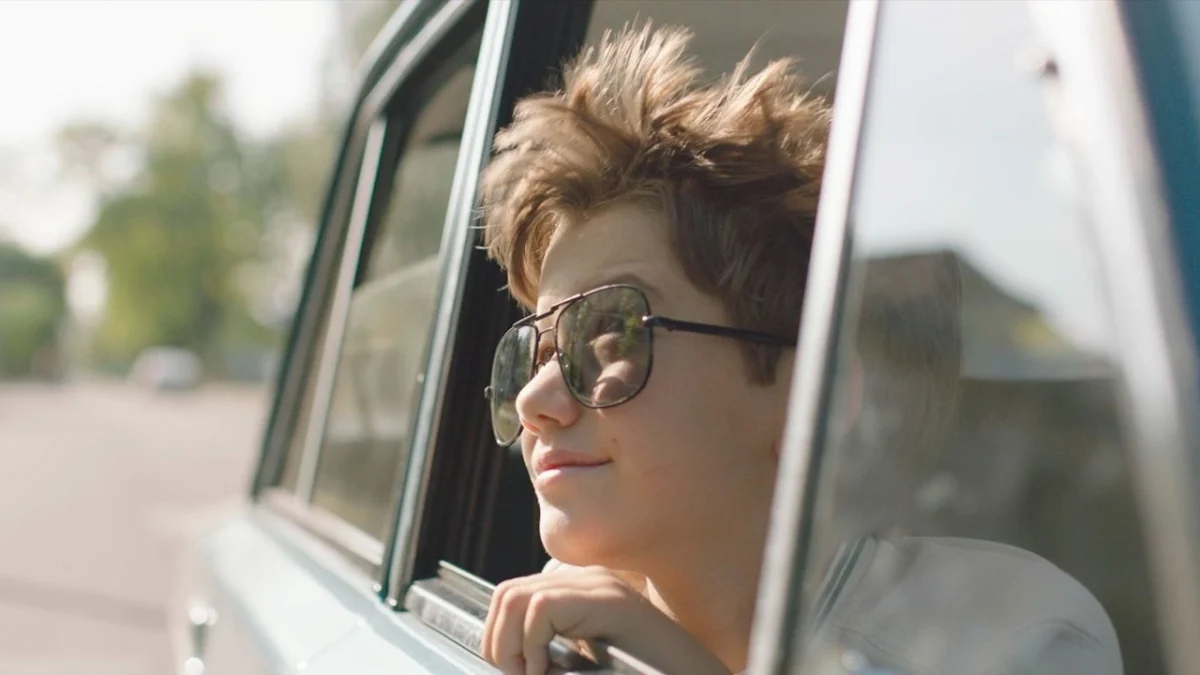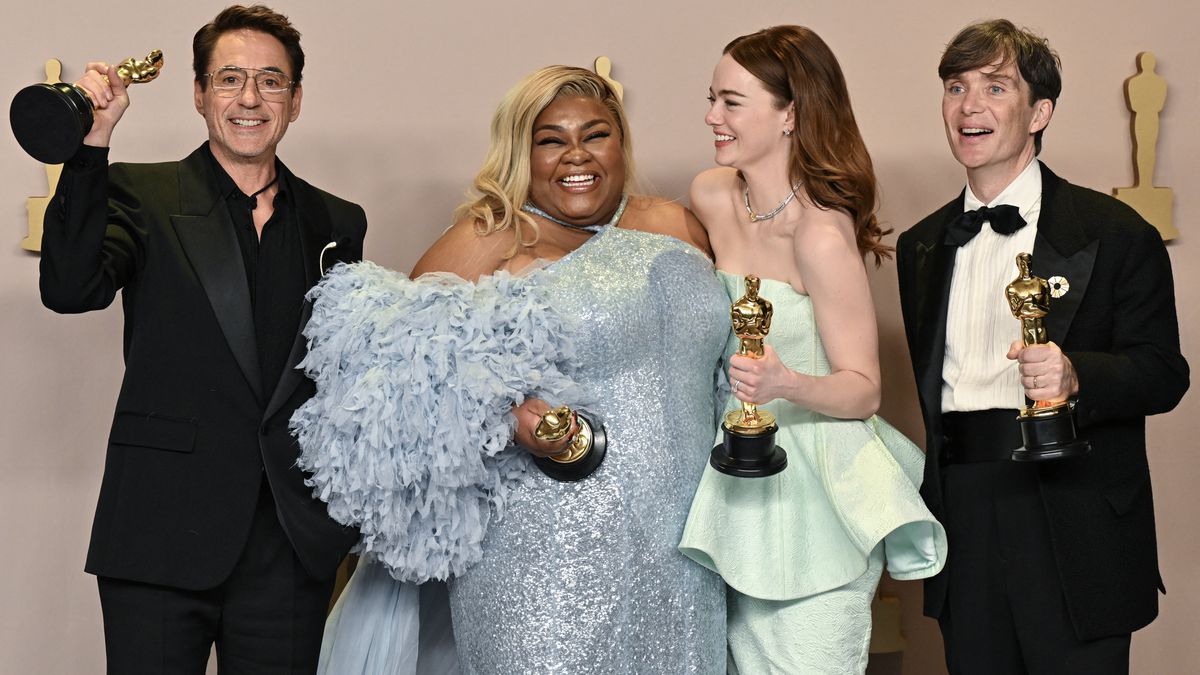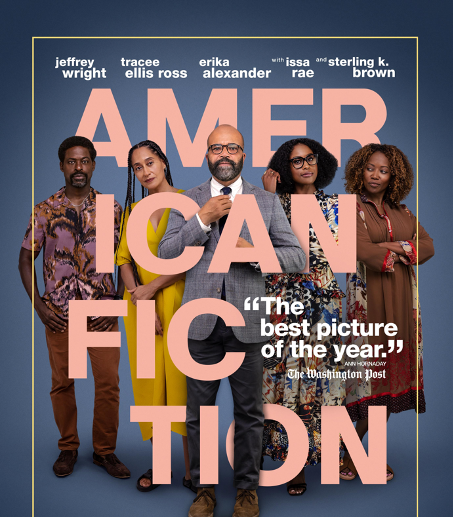
Some films must be seen – they’re almost too unbelievable to disregard or to ignore. Some, like those of the “Showgirls” variety, are mere flashes in the poor taste pan. Poor, yes, but they’re the stuff of laughs, not of legend. Such films may air in perpetuity on cable, softened up for public consumption by network executives leery of their content, but tempted to show them, nonetheless. Other poor taste films cannot be softened. They straddle the line between camp and smut, and sometimes, these films don’t just shock. They push the barrier of what is acceptable on screen. They raise questions about censorship, and they represent a shift in the way an audience reacts to cinema.
“Female Trouble” is one such film. If Baltimore-based director John Waters had an opus, it’d probably be the 1972 film, “Pink Flamingos,” not this 1974 follow-up. In the realm of offensive, unwatchable films, you really can’t sink any lower than “Pink Flamingos.” The film stars drag actor Divine as the filthiest person in the world. The film picks up as two contenders (Mink Stole and David Lochary) vie for her throne. Waters assaults the screen with non-stop, gross-out shocks. “Pink Flamingos” features a mother (Edith Massey) with an unusual taste for eggs, a son (Danny Mills) with an unusual fetish for chickens, and concludes with one infamous scene with a dog.
The intent in “Female Trouble” is to repulse – not totally dissimilar to Waters’ intentions with “Pink Flamingos.” What seperates the two by more than years is that “Female Trouble” actually yields to a narrative. The film centers on the tale of Baltimore teen Dawn Davenport (Divine). All Dawn wants for Christmas is a pair of bright red cha-cha heels. She begs and pleads, nagging after her meek-natured parents incessantly. Finally, the fateful morning arrives. Dawn tears through the myriad Christmas presents meant for her, but alas, no cha-cha shoes are to be found. Livid, Dawn stomps all over the idyllic Christmas setting, tearing down the tree and decrying the terrible injustice done to her by her own parents.
“Female Trouble” then traces Dawn’s descent into madness. She runs away and catches a ride with a man, played by Divine out of drag. They have sex and soon after she gets pregnant. To make ends meet, she starts waitressing and stripping, before becoming a crook. A rivalry with a neighbor – an older woman (also Edith Massey) who struts around outside clad in a black leather bondage jumpsuit – brings tension. Dawn pushes it all aside during her frequent trips to the hair salon. There she meets her future husband (Michael Potter), who can’t help but encourage her rapidly aging daughter to join in a threesome with them. After a tragic attack leaves Dawn’s face mottled and deformed, she becomes convinced that crime is beauty, and embarks on a mad killing spree, during which no one in her life is safe.
“Female Trouble” feels a bit like an explanation. It explains, in loose terms, the mantra of Waters during the early 1970s. Divine was a muse for Waters during this period. Some critics, as well as some die-hard fans of Waters prior to his mainstream success with 1988’s “Hairspray,” have claimed that the director lost his edge after Divine passed away during the same year. In the final scene Divine, now fully adorned in the ghoulish make-up of “Pink Flamingos,” cries out to the audience and makes a speech about crime and art. In the end, she unleashes a hail of gunfire on the rapt audience, which has watched as she murdered her own daughter.
Waters’ early films seem to lack the goofy sense of humor that characterizes some of the better “schlock” films to come out of the same period. They seem more acid-laced and vitriolic than a camp film would usually warrant. Waters and his cast do seem angry – irrevocably, unconditionally enraged about something, but the focus of that contempt goes unnamed. “Female Trouble” was reportedly inspired by Charles “Tex” Watson, a member of the Manson Family, and complicit in the slayings of Sharon Tate and several others.
Ultimately, I can’t say that I enjoy “Female Trouble” much, or that I enjoy any John Waters film for that matter. Even with his more conventional films, like “Hairspray” or “Serial Mom,” Waters never comes across as an especially gifted filmmaker. His fame has persisted over the years not by his talent, but by his infamy. As a shock-smut director, he has yet to square off against any legitimate rivals, and perhaps there’s something to be said for that. In the confines of a normal narrative, Waters seems to drown, no matter how shallow that narrative may be. Waters’ early films are inexplicably offensive, and some would be content to banish him to obscurity. But his films represent a shift in the way violence was depicted on screen.
In “Female Trouble,” that shift is paraded, but less gruesomely than in “Pink Flamingos.” Nearly 35 years later, the film still hasn’t lost its edge. For that reason, I hesitantly recommend “Female Trouble.”
-SM.






